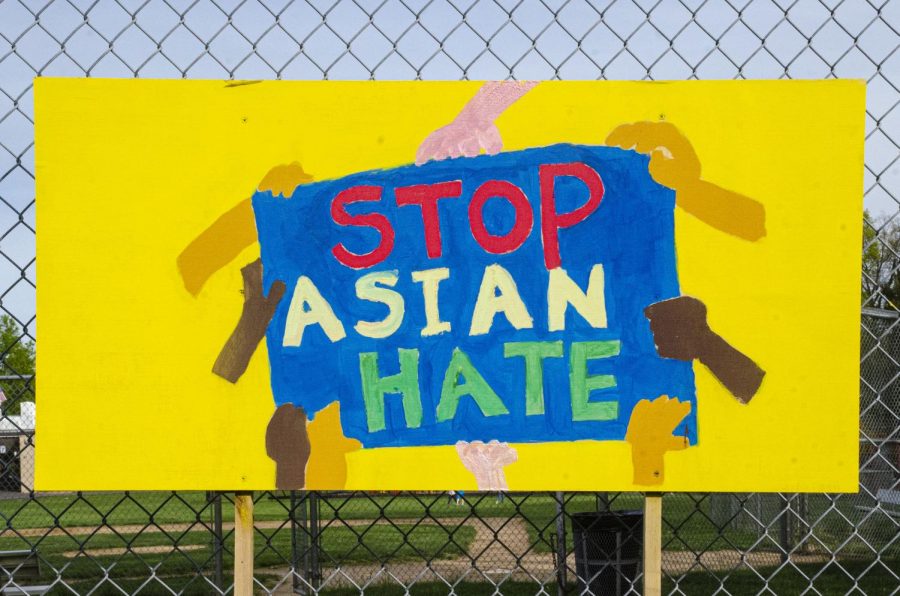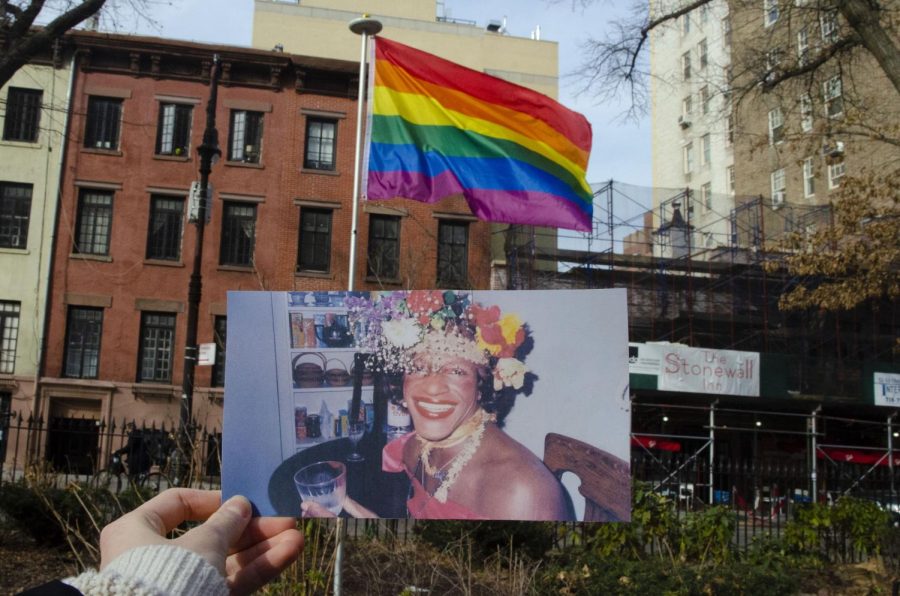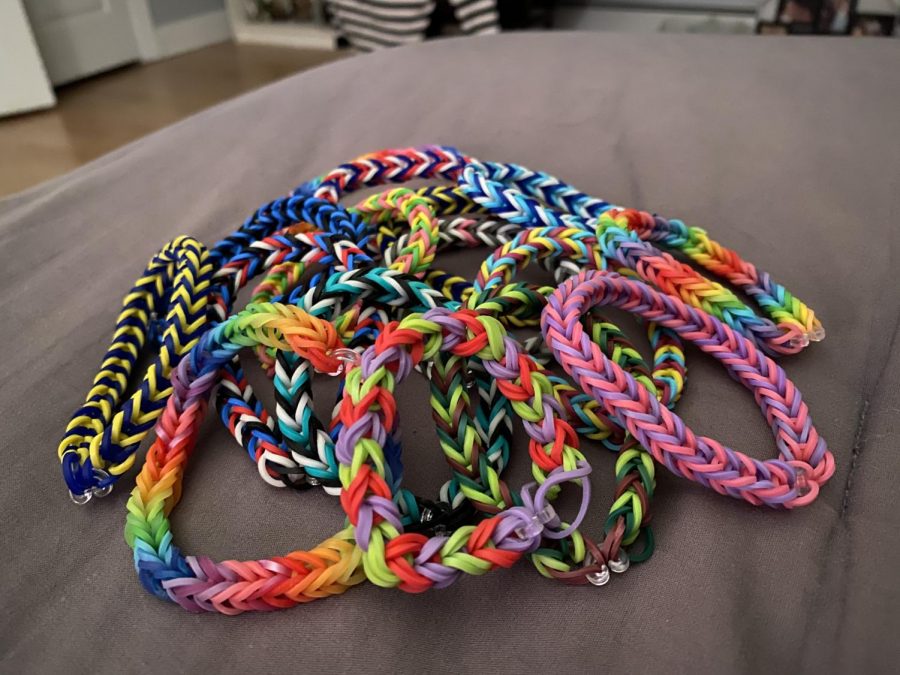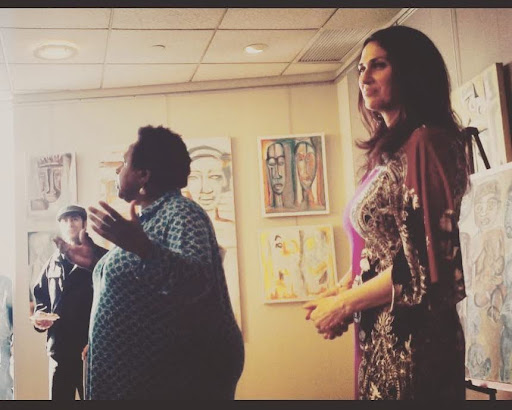In the Name of Dishonor
Women’s lives should be more important than family honor.
Amman, the capital of Jordan.
In typical Jordanian fashion, with a cigarette in one hand and a cup of tea in the other, Ahlam’s father sat nonchalantly beside his daughter. Except his hands were bloodied. And he was sitting by the remains of Ahlam’s smashed head. Casually waiting for the police that he had called on himself to arrive, Ahlam’s father had no regrets about adding his daughter to the list of honor killing victims in the Middle East. The place I call home every summer is the same place Ahlam—and many other women—last remember as a nightmare as their families continue to turn on them in the name of pride.
Honor killings are a traditional practice intended to eradicate the shame that women—mainly young girls—bring to their families. The Middle East is facing a cataclysmic rise in honor killings, as fathers, husbands, and brothers are taking the lives of their loved ones in order to protect their family names. In 2019, 30 percent of all murders in Iran were honor killings. In 2021 alone, 15 women were killed in Jordan, a country smaller than the size of Ohio.
The act is deemed haram in Islam, meaning it is forbidden. Why, then, does the Middle East continue to see a rise in honor killings often citing Islam as the cause? Tradition isn’t to be confused with religion. Islam isn’t promoting these killings, the terrifying social norm that families will go to any lengths to protect their names is.
Middle Eastern governments share responsibility for such crimes occurring because of weak punishments. In Kuwait, Article 153 of the current penal code writes off the killings of these women as “misdemeanors” if a close male relative catches her in an “unsavory act.” The murderers are punished with a maximum sentence of three years in prison and a fine of just $46—a punishment equivalent to the U.S. sentence for carjacking and three hours of work at my part-time job.
Many countries don’t even have punishments for killing in the name of honor. In Iran, a father is considered the owner of his child’s blood. 14-year-old Romina Ashrafi was killed in her sleep by her own father when she returned home after running away with a boy she wanted to marry. The father faced no punishment because, according to Iranian law, being her father is enough of a license to kill.
This summer, I’ll return to Jordan with my sisters. But this time, when I look at my two younger sisters walking alongside me, I’ll see Ahlam and Romina. Two innocent lives that have no right to be taken away. Instead of protecting the egos of families, it’s time to start protecting our girls.




















































































